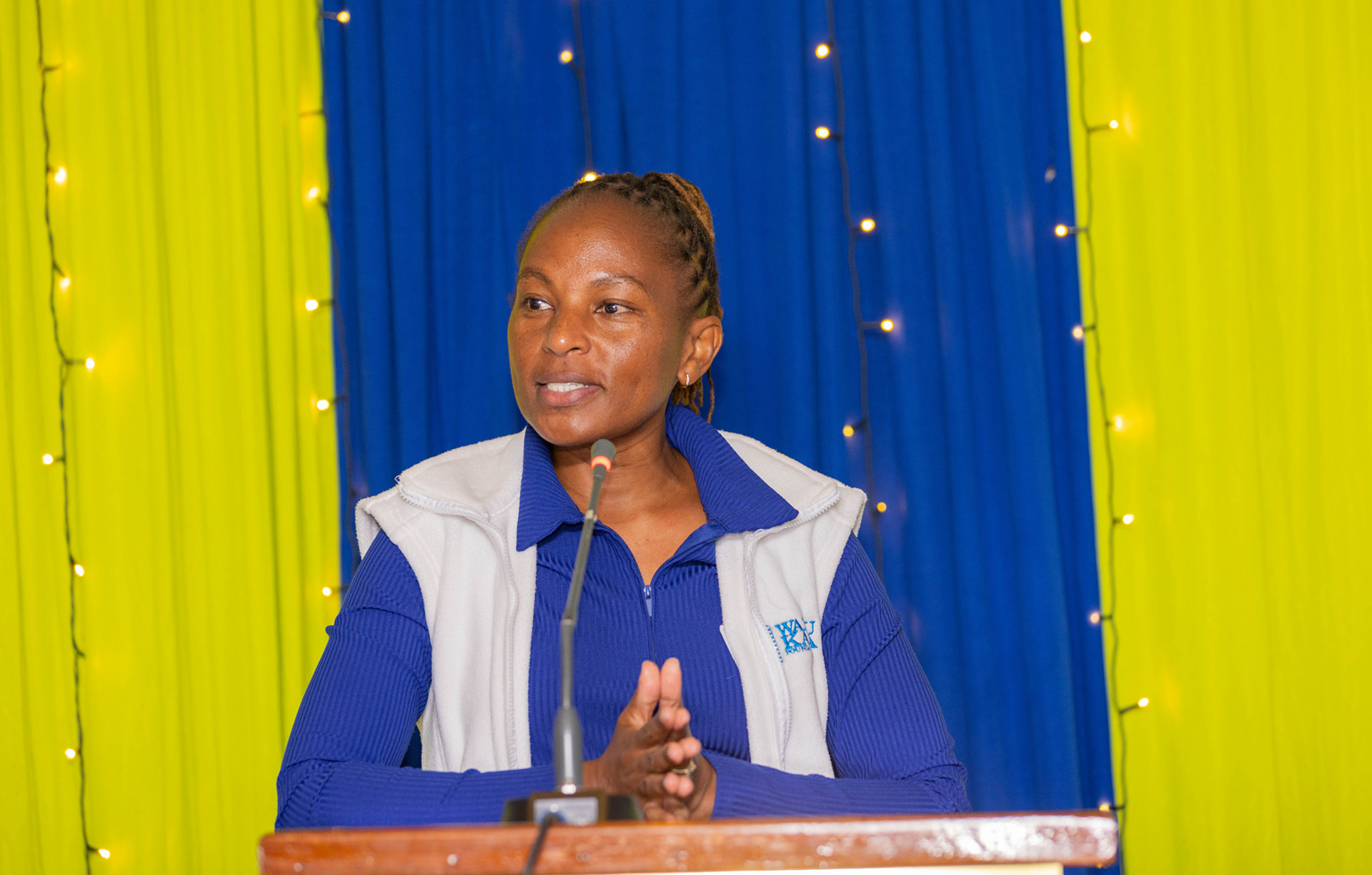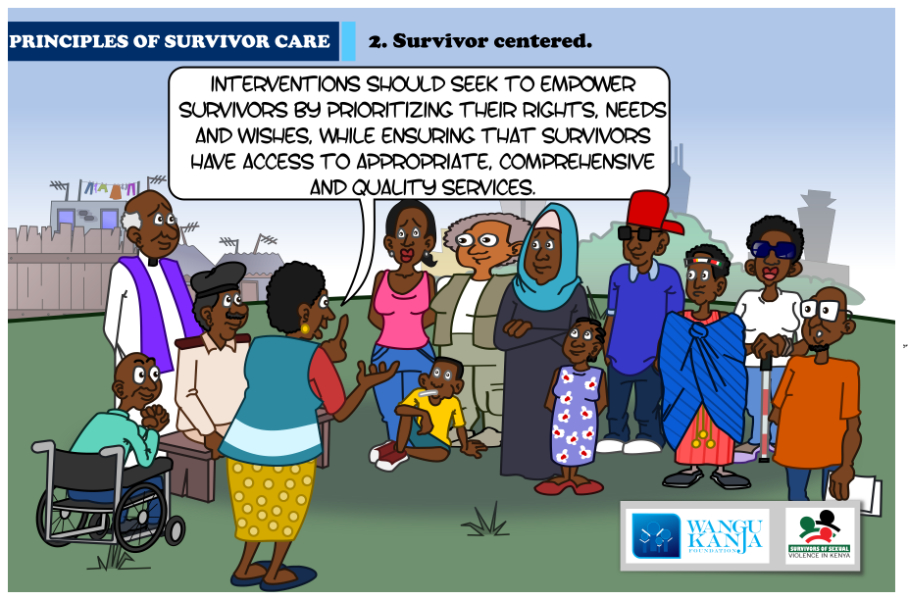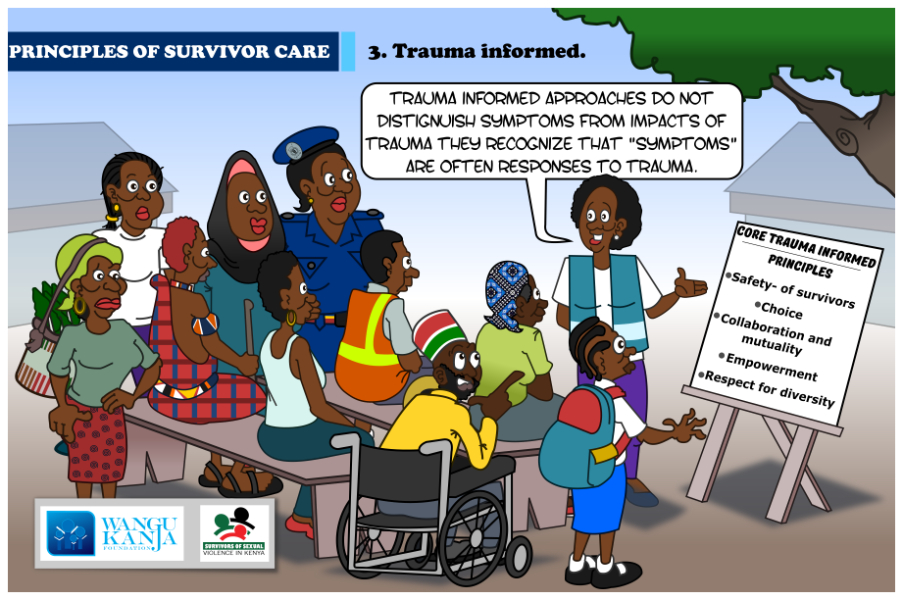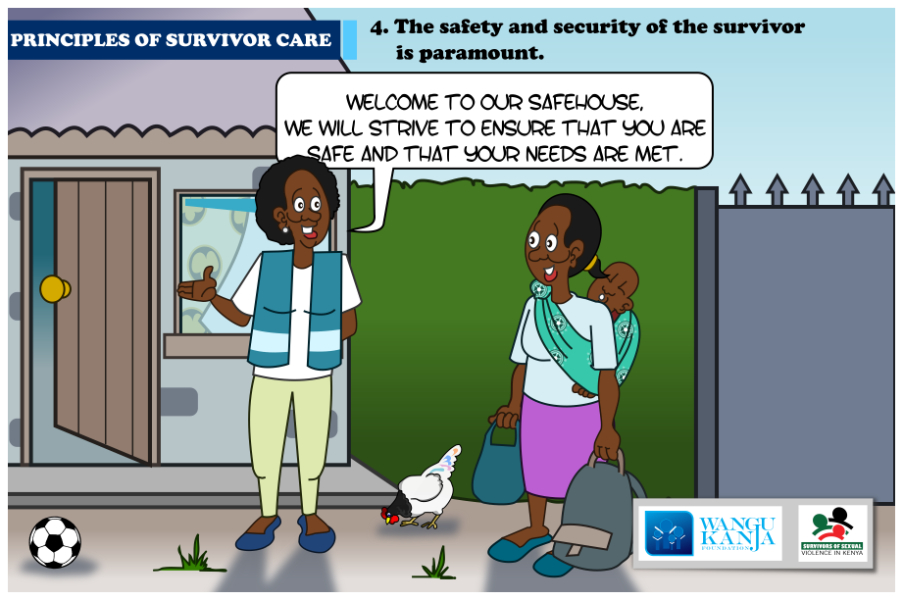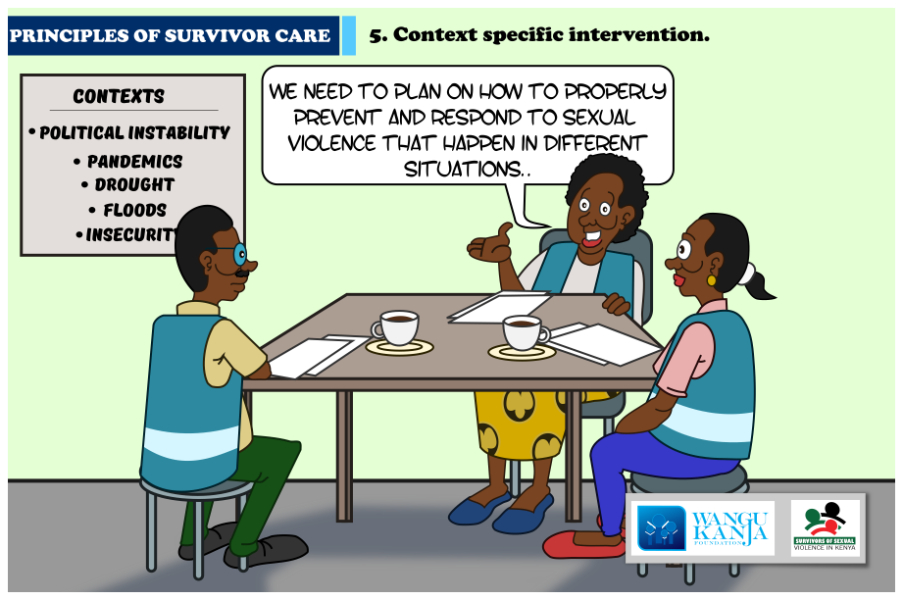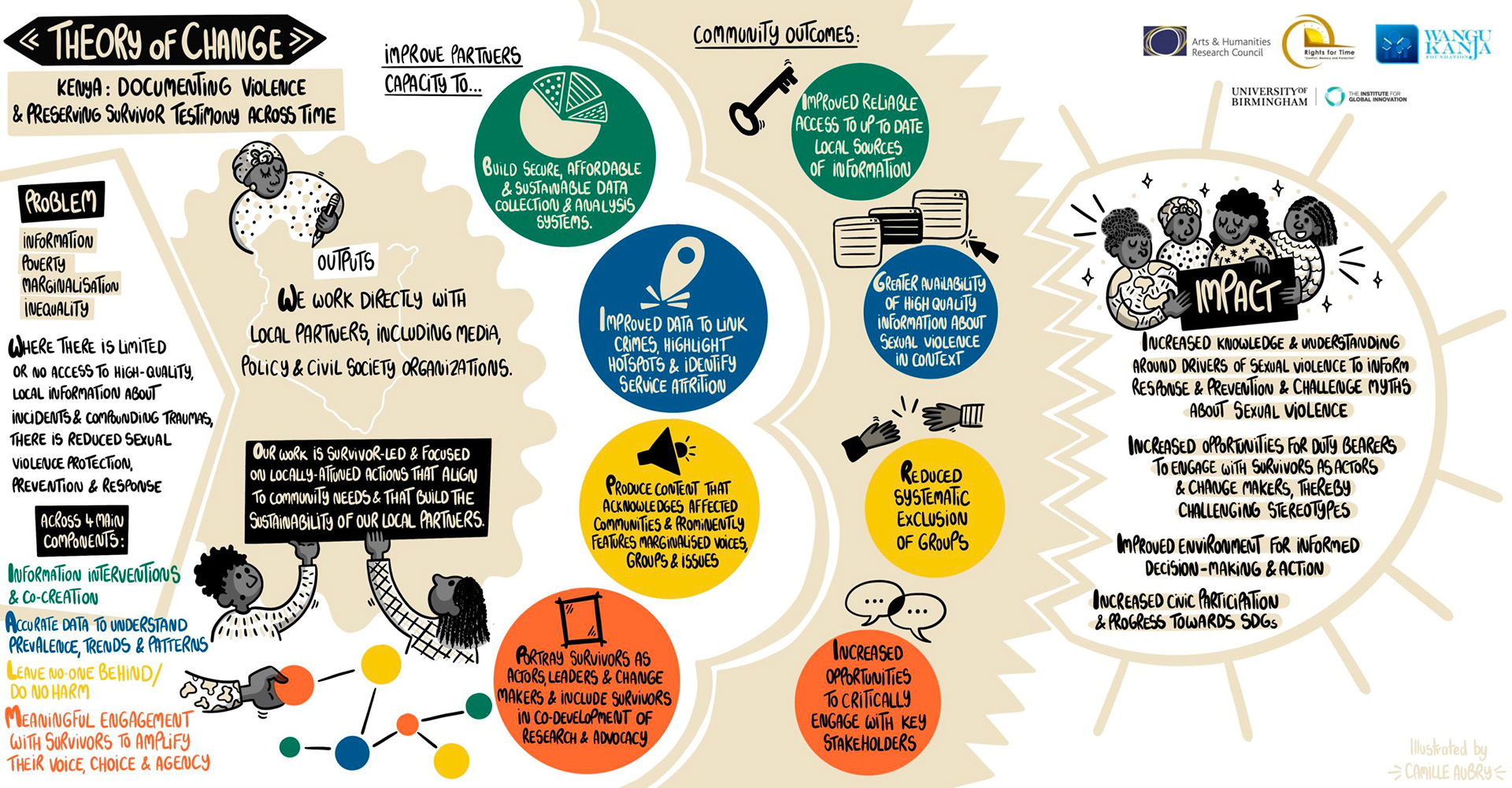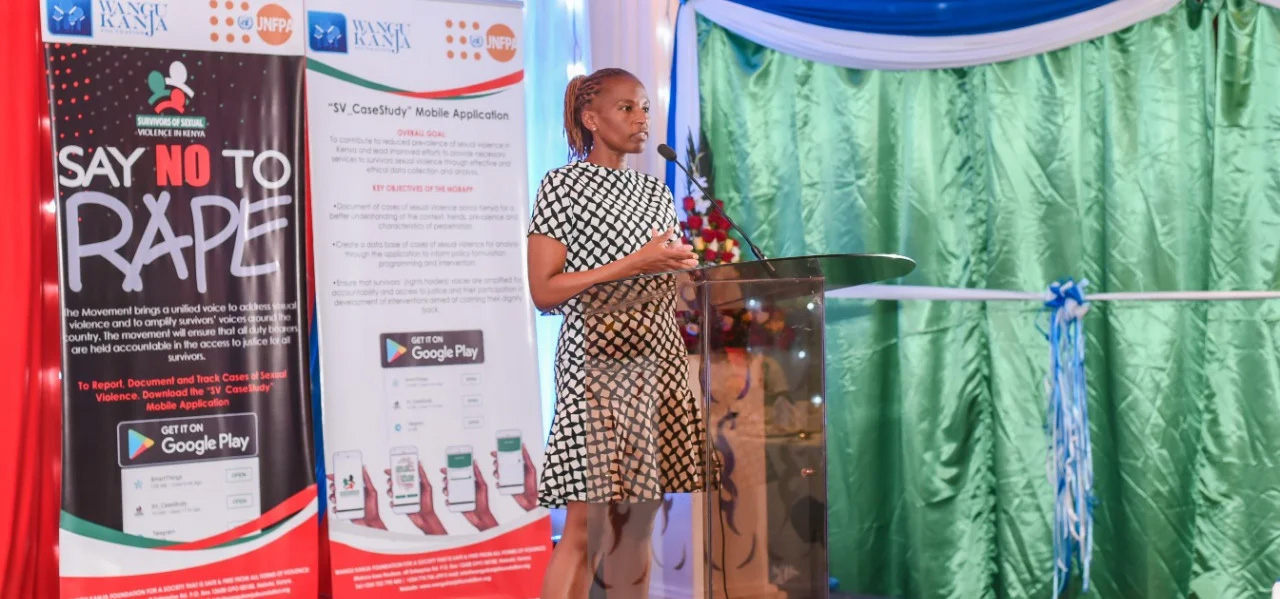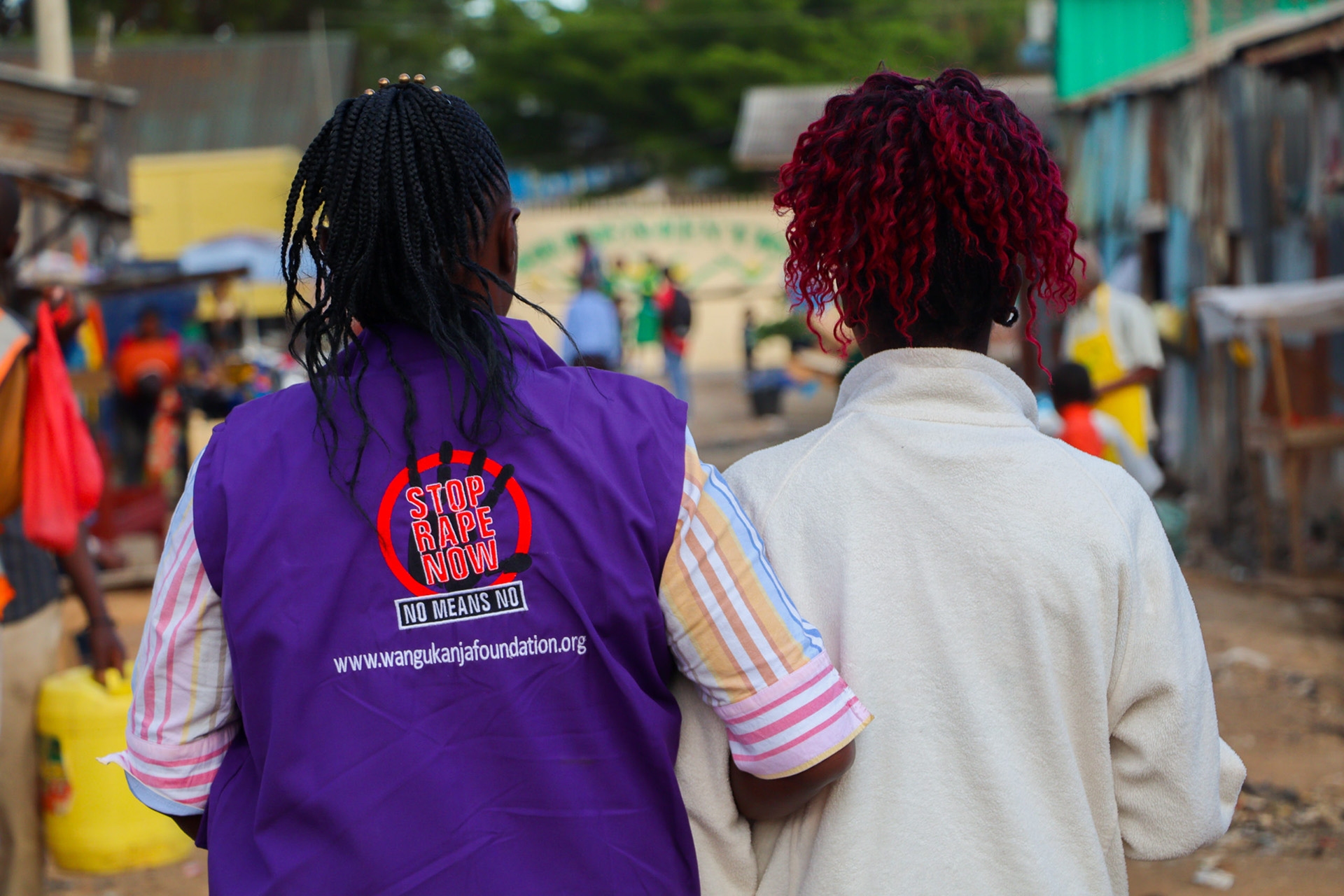Rockowitz, S., Stevens, L. M., Rockey, J. C., Smith, L. L., Ritchie, J., Colloff, M. F., Kanja, W., Cotton, Njoroge, D., Kamau, C., and Flowe, H. D. (In press). Patterns of Sexual Violence Against Adults and Children during the COVID-19 Pandemic in Kenya: A prospective cross-sectional study. BMJ-Open. https://psyarxiv.com/zykq7
Kanja, W., Flowe, H. D., & Cheeseman, N. (2021). Cuts to UK research funding threaten critical human rights projects across the world. The Conversation. https://theconversation.com/cuts-to-uk-research-funding-threaten-critical-human-rights-projects-across-the-world-158333
Rockowitz, S., Bradbury-Jones, C., Kanja, W., & Flowe, H. D. (In press). Post-rape medicolegal service provision and policy in East Africa: A scoping review protocol. BMC Syst Rev 10, 63 (2021). https://systematicreviewsjournal.biomedcentral.com/articles/10.1186/s13643-021-01613-9
Stevens, L. M., Rockey, J. C., *Rockowitz, S., Kanja, W., Colloff, M., & Flowe, H. D. (In press). Protecting Children from Sexual Violence during COVID-19. Frontiers in Global Women’s Health. https://www.frontiersin.org/articles/10.3389/fgwh.2021.630901/full
Rockowitz, S., Kanja, W., & Flowe, H. (2020). Challenging social norms and legal responses to rape and sexual violence: Insights from a practice-research partnership in Kenya. In Understanding Gender Based Violence: A Comprehensive Textbook for Nurses, Social Workers and Allied Health Professionals Springer Nature.
Flowe, Heather, Rockowitz, S., Rockey, J., Kanja, W., Kamau, C., Colloff, M., Kauldhar, J., Woodhams, J., & Davies, Kari. (2020, July 28). Sexual and other forms of violence during the Covid-19 pandemic emergency in Kenya: Patterns of violence and impacts on women and girls. Zenodo. doi: 10.5281/zenodo.3964124
Flowe, Heather, Rockowitz, S., Rockey, J., Kanja, W., Kamau, C., Colloff, M., Kauldhar, J., Woodhams, J., & Davies, Kari. (2020, July 28). Policy Brief: Patterns of violence and its impact on women and girls amidst the Covid-19 Pandemic in Kenya. Zenodo. http://doi.org/10.5281/zenodo.3964162
UKRI (2020). Innovating pathways for safe and sustainable urban futures. Invited speaker. H. Flowe. World Urban Forum, Abu Dhabi, UAE.
Flowe, H. D. (2020). Patterns of sexual violence during Covid-19 in Kenya. (2020). Invited talk, Institute for Global Innovation. Living with the Pandemic. https://youtu.be/fEfaGBIcShc
Stevens L. M. (2021). Investigative Interview Training in Kenya during COVID-19. Invited talk, Online Global Challenges Research Webinar (Panellist).
Rockowitz, S. (2021). Zoom is my new best friend: conducting sensitive research during COVID-19. Online Global Challenges Research Webinar, University of Birmingham, UK. (Webinar Chair and Panellist).
Rockowitz, S. (2021). Exploring post-rape medicolegal service provision in East Africa. Invited talk, Risk, Abuse, and Violence seminar, School of Nursing, University of Birmingham, UK.
Rockowitz, S. (2021). Patterns of sexual and other forms of violence during the COVID-19 pandemic in Kenya. APA Conference (online). https://www.youtube.com/watch?v=DjWcA6g1lTQ
Rockowitz, S. (2020). Prevalence of sexual and other forms of violence during the COVID-19 pandemic in Kenya. Invited talk, Forensic Seminar Series, School of Psychology, University of Birmingham, UK. https://www.youtube.com/watch?v=DjWcA6g1lTQ




